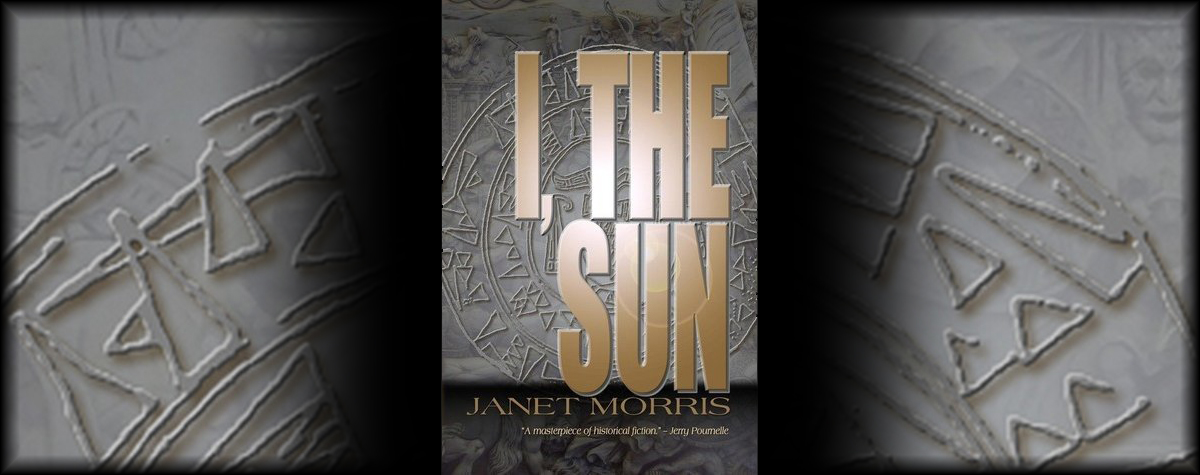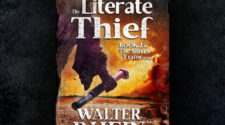Historical Fiction that is Unafraid of History
Unlike most historical novels, ‘I, the Sun’ by Janet Morris does not try to impose modern morality upon an ancient civilization. After all, what is the point of claiming to be a work of “historical fiction” if you are bound by the preconceptions of modern times? However, that aspiration is easier to state than to achieve, and many authors end up failing in their quest for historical accuracy in favor of creating a mass media narrative. As a result, the market is flooded with so-called historical novels that are in no way representative of whatever era they examine.
In this work, Janet Morris has made some courageous choices. Above all else she strives to embrace the brutality and social norms of an era that took place fourteen hundred years before Christ. The book is, in many ways, an intelligence test for those who come upon it. Wittingly or not, readers seek nothing more than the same old “Disney approved” prepackaged plot set in a different historical landscape. That’s not what you’re going to get with ‘I, the Sun.’
One of the most common complaints about modern heroic writing is that there aren’t enough female characters. But too often, authors simply take a male character and give him a female name in order to satisfy gimmicks like the Bechdel test. But what the Bechdel test fails to account for is the existence of realistic women who are engaged in plausible, gender related issues. It’s easy to write a “superhero” female character. But it’s far more interesting to show a powerful woman who manages to exert her influence although she is subjected to a powerless social role.
The women of ‘I, the Sun’ are fascinating, and in many ways they are more interesting than the titular character. They are mothers, slaves, prostitutes and witches, and they conduct themselves with strategic intelligence and a tremendous survival instinct. They fight tooth and claw in darkness and lose often, just like real people.
The prevalence of brutal actions in this book will rightfully make the reader squirm, but engaging in the intellectual exercise of examining the consequences of historical thinking is exactly the point. What are the effects of living in a cruel society, not just the torments of the moment but the prolonged mental burden of surviving within such a world? That’s the theme that Janet Morris bravely tackles in ‘I, the Sun.’ Are her conclusions correct? Who knows? But this novel does indisputably embrace the hard questions of a specific historical age and wrestles with them with intellectual honesty even at the risk of alienating overly delicate readers. The result is a remarkable novel, beautifully written, that will linger with you long after you’ve closed the cover.
Check out the preview below:








No Comment